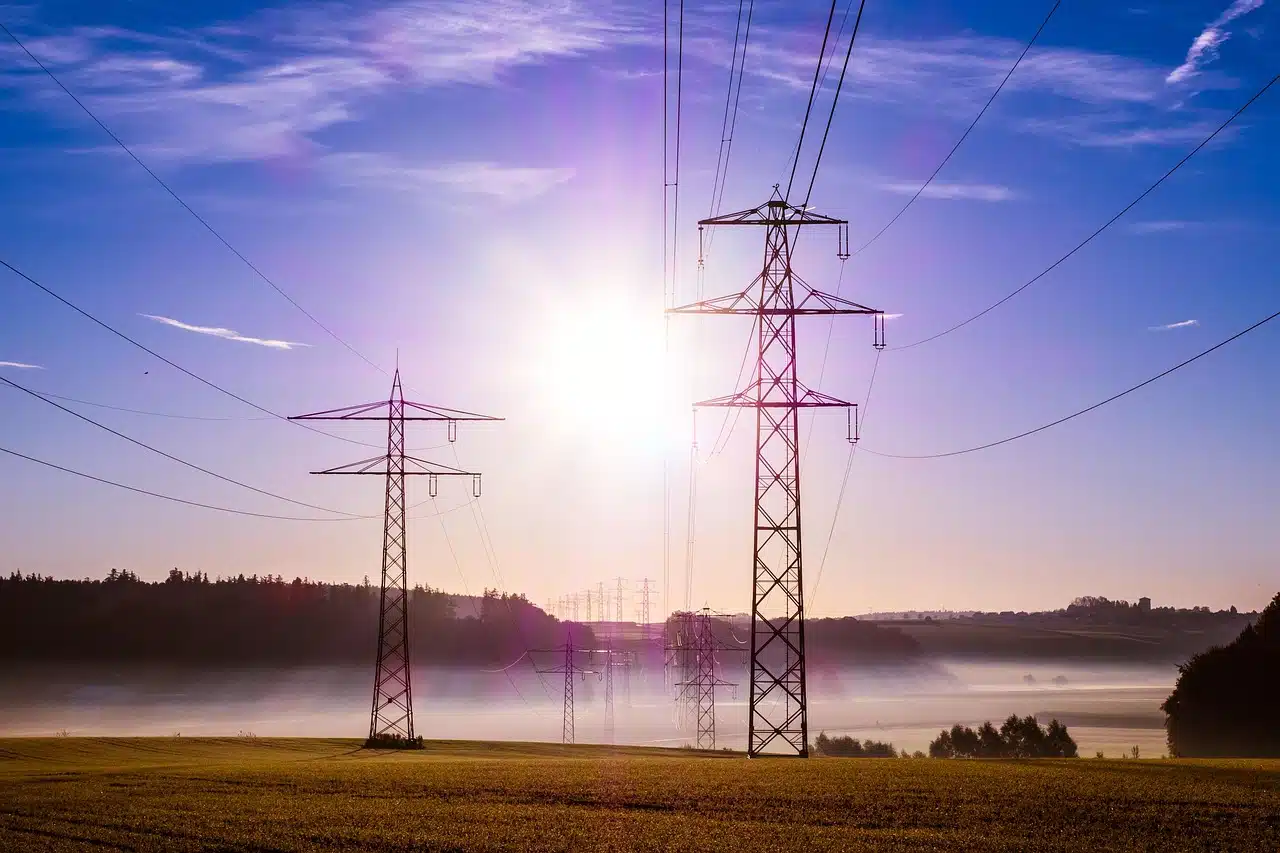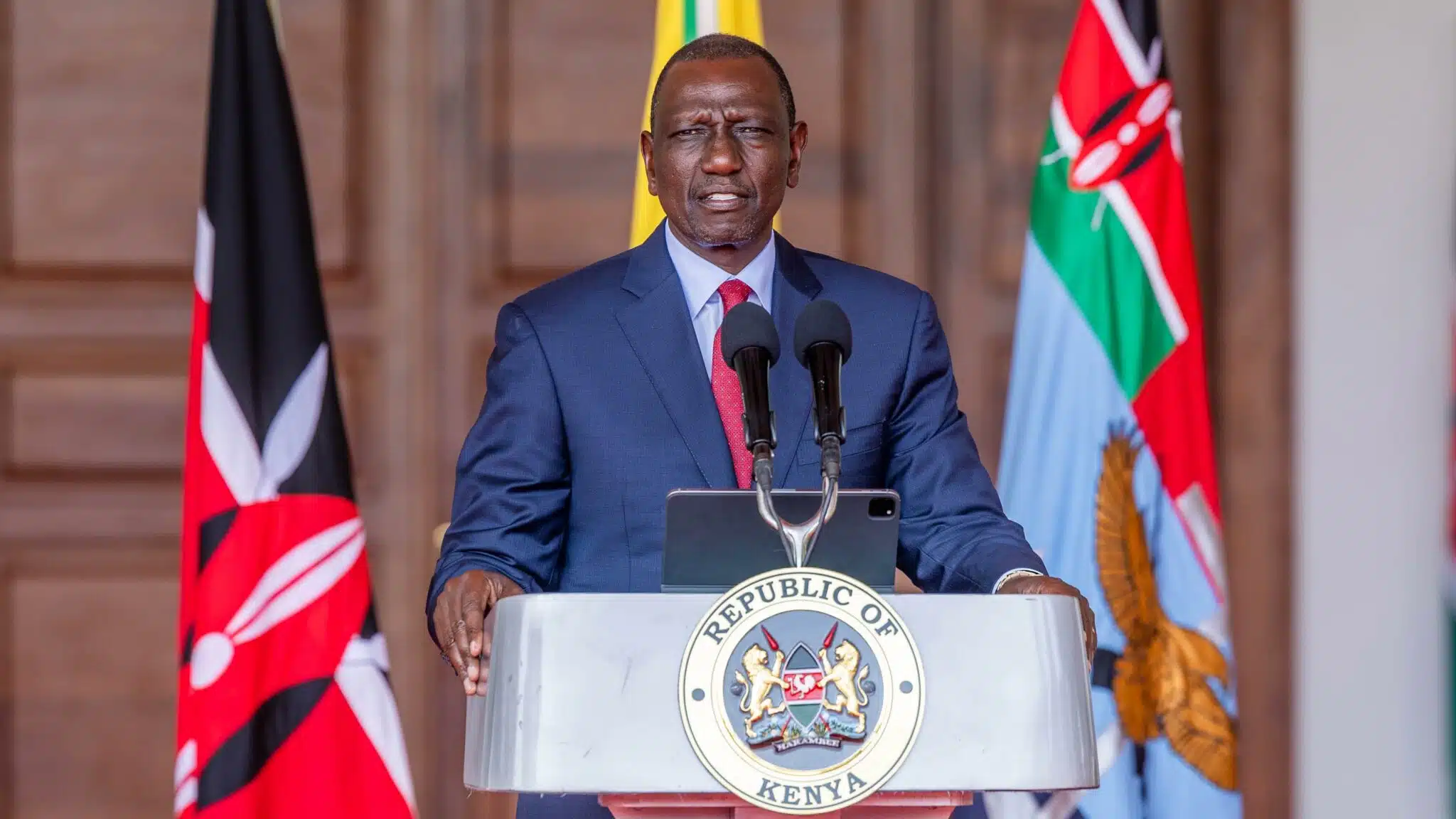The Nigerian National Bureau of Statistics (NBS) has announced plans to introduce an energy index and two additional criteria as part of its strategy to rebase its inflation data.
The Statistics Bureau revealed on Thursday that the new indexes will be part of rebasing Consumer Price Index (CPI) in January.
Ayo Andrew, the Head of Price Statistics at the NBS, in his presentation, stated that the new indexes will include services and farm produce to calculate the updated data.
The country, which experienced a hike in inflation reaching 33.88% in November 2024, said the rebase of the CPI data will accurately reflect the current realities of the economy.
“Apart from our normal headline inflation, core inflation, food inflation; the basics, we are going to include in the new CPI rebased that will be released this January another index that has never been released before.
“Number one is the services index. At what rate are the prices of services in Nigeria increasing? People want to know about (those figures) in education and transport.
“NBS will bring that on board by the end of this month. Also, energy index, at what rate is price fluctuating in this sector?
“Farm produce index, what is the rate of price volatility of these products, and at what rate are prices of items in this sector moving? So these are the special indices that we are going to release at the end of this month,” Andrew said.
The role of energy cost in inflation
Energy costs, which contribute less than 10% to the inflation rate, surged after the President of Nigeria, Bola Tinubu, announced the removal of the fuel subsidy in May 2023.
The price of petrol increased by over 400% within a year after the announcement, affecting the prices of nearly all goods and services in the country.
As a result, the Central Bank of Nigeria raised interest rates by over 800 basis points in the past year to address mounting inflationary pressures.
Energy prices were further affected by the partial reduction of the electricity subsidy, which required about 15% of electricity users to pay the actual cost of their power usage.
Rebasing of inflation
The announcement for the rebasing of inflation data was first made in October, a move some believed was an attempt by the government to adjust the data for its own benefit.
The NBS, however, explained that the rebase would ensure the country’s economic data aligns with international best practices and reflects its real economic situation.
Nigeria last rebased its GDP and inflation data in 2014, revising growth rates and GDP estimates for the period from 2010 to 2014.
The United Nations recommends that countries rebase their GDP and inflation data every five years to capture emerging economic indices and realities.










